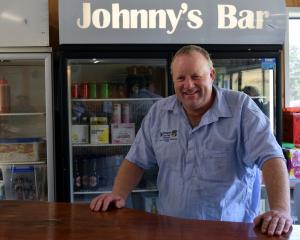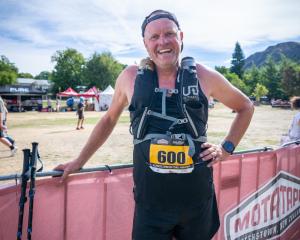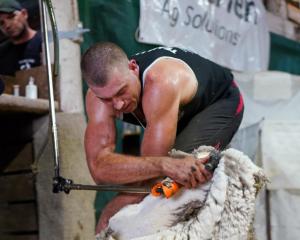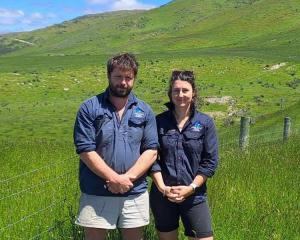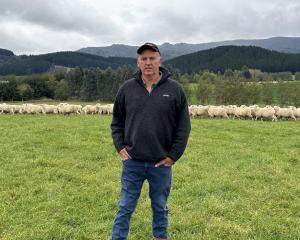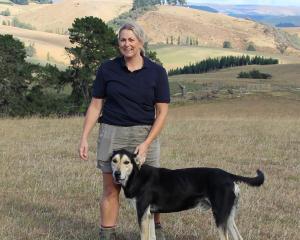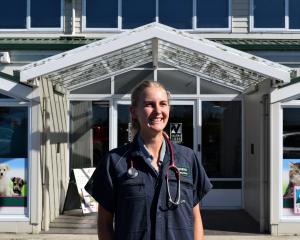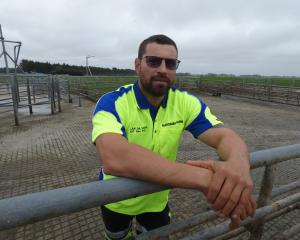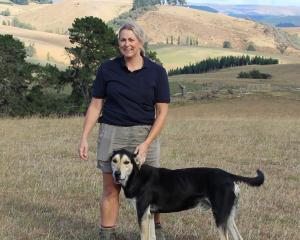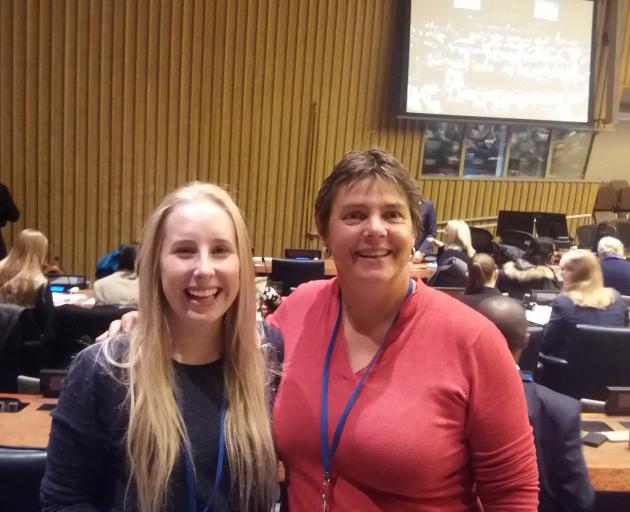
The women had to spend an additional 20 hours at San Francisco Airport because of the storm.
''The food was terrible but we survived,'' Rural Women New Zealand president Fiona Gower, of Port Waikato, said.
The experience did not dampen their enthusiasm for their time at the conference in New York and the waiting time was used to complete strategies.
''It was quite an amazing experience, and so interesting.''
RWNZ national chairwoman Penny Mudford and anti-cyberbullying campaigner Sticks'n'Stones chairwoman Ashleigh Smith, of Naseby, were also at the conference at the UN General Assembly which ran from March 11 to March 23.
They were among representatives from 175 member and observer states, as well as 10,000 delegates from 400 non-government organisations (NGO).
Mrs Gower and Ms Mudford were invited to attend the conference opening in the General Assembly, where only government delegations and selected NGO delegates were eligible to attend.
''It was a great privilege that RWNZ was represented in person at the opening of CSW62,'' Mrs Gower said.
The commission's theme was 'challenges and opportunities in achieving gender equality and the empowerment of rural women and girls'. It reviewed the progress made by governments to improve the lives of rural women throughout the world.
Ms Smith and Mrs Gower were asked to sit on a discussion panel about the digital empowerment of women and girls from rural areas in New Zealand.
''Ashleigh was the star of our panel,'' Mrs Gower said.
''There were eight young women in their mid-20s and I was blown away by their abilities. If they are New Zealand's future leaders, then it has got so much going for it.''
The New Zealand Human Rights Commission responsible for Womens' Rights hosted another panel discussion, about the Economic Empowerment of Rural Women in New Zealand, Australia, and Argentina, and Mrs Gower was part of that.
''New Zealand rural women have similar issues to many other countries, including isolation, health and education issues, although some other countries have much bigger issues than us.''
She said she and the others returned home with lots of ideas they would like to use in future programmes to benefit rural women and girls.
They also were keen to encourage the New Zealand Government to focus on more sustainable development goals.
Mrs Gower and representatives from other countries developed a 20-page document dubbed ''Challenges and opportunities in achieving gender equality and the empowerment of rural women and girls'', which outlined the goals they believe participant countries need to work towards.
Mrs Gower said the ''outcome document'' was agreed to by all parties and also covered the need for rural-proofing and gender-proofing.
That meant any government policy or law should have gender and rural lenses run over it before it becomes fixed or law, to determine how it affected genders and rural communities.
-By Yvonne O'Hara


